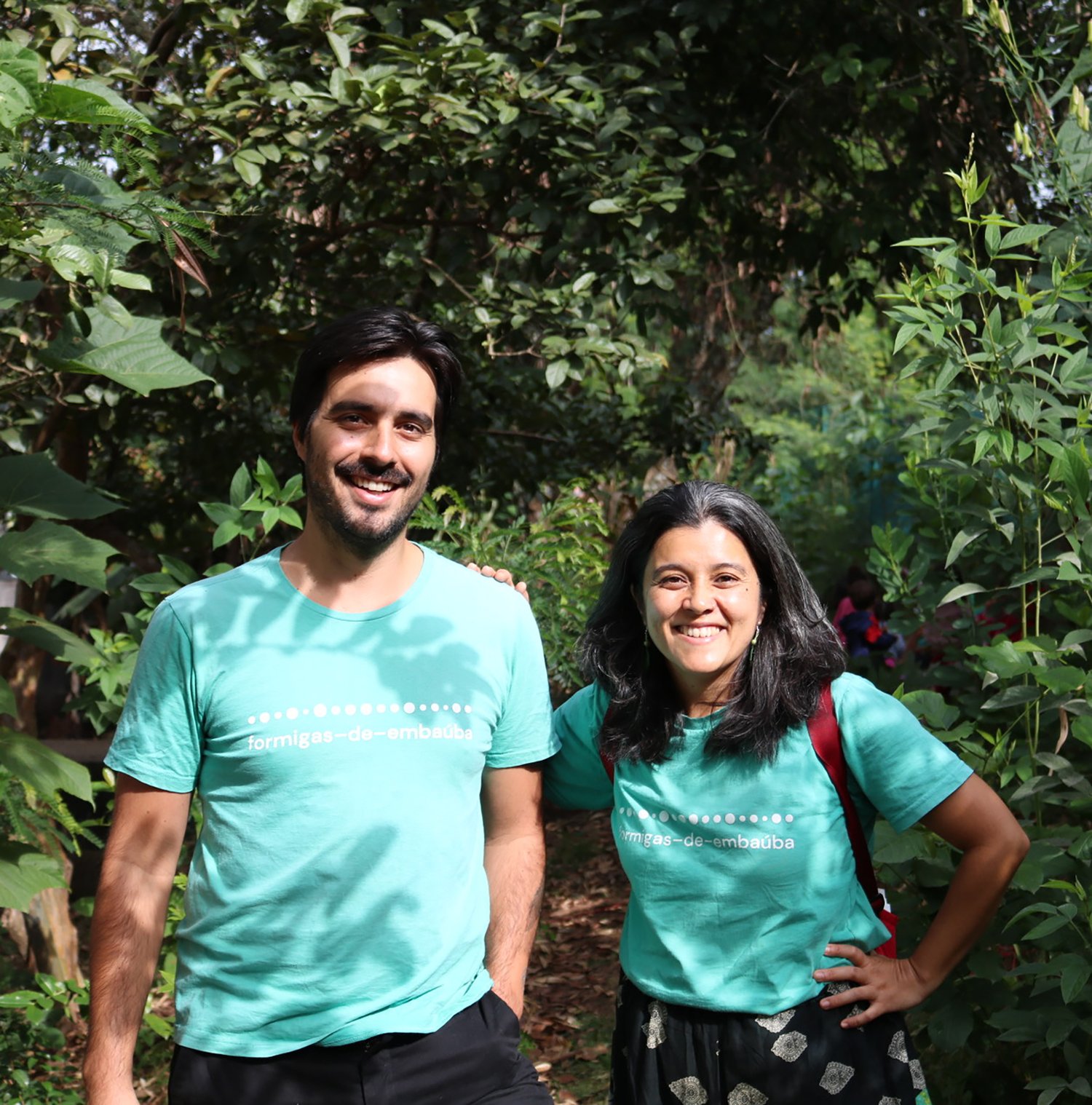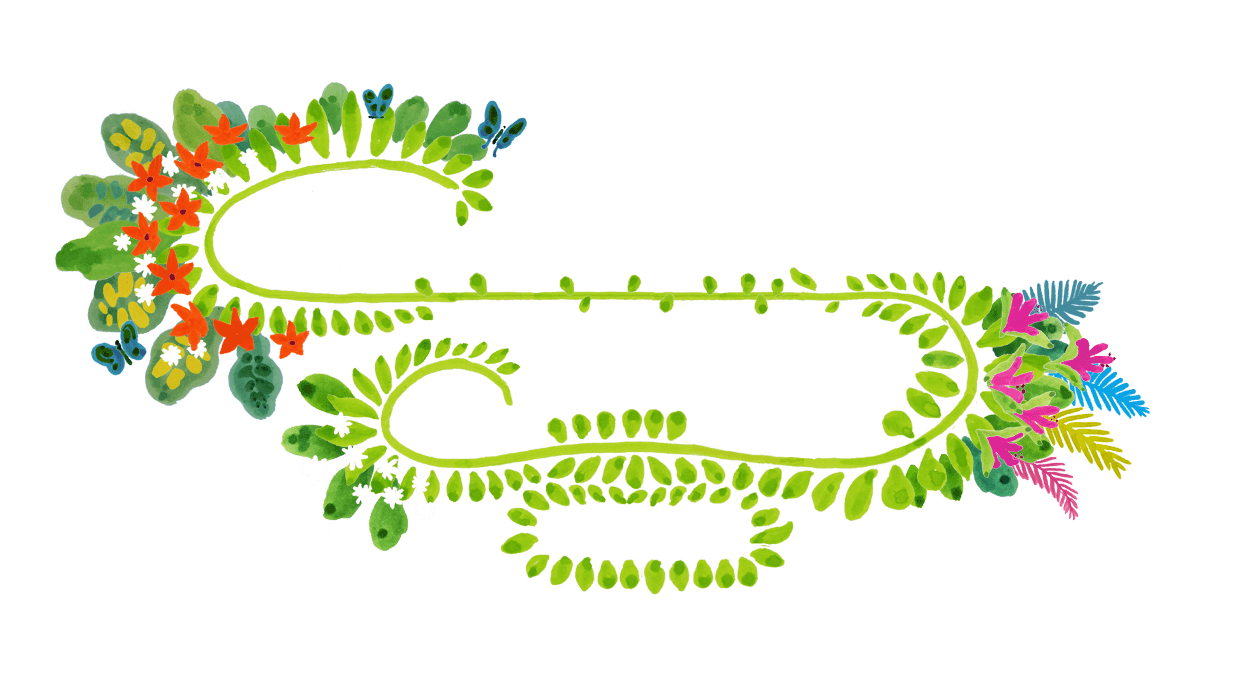
São Paulo, Brazil
Capão Redondo Forest
Restoring a pocket of Atlantic Forest for 3,000 students in São Paulo
Capão Redondo Forest will be located in the Unified Educational Center (CEU) of the highly-urbanised and low income Capão Redondo neighborhood of São Paulo. In addition to being a cultural and sports center open to the local community, CEU Capão Redondo has 3 public schools serving almost 3,000 students aged 0 to 15 years old.
Capão Redondo Forest will restore a degraded patch of native Atlantic Forest, showing students and the local community how a biodiversity desert in an urban setting can be transformed into a thriving ecosystem once again. The creation of this forest will also have a 6-month participatory programme running alongside it, thereby amplifying the impact of the project. Among the species planted, there will be several trees with edible fruits, which are largely unknown by young people today.
Capão Redondo Forest is one of a series of interventions made by formigas-de-embaúba across São Paulo. The continued expansion of this network of forests will connect single community interventions with global socio-environmental issues. The aim is to inspire people - young and old - to act and take small steps towards collective and transformative change.
Forest Maker formigas-de-embaúba
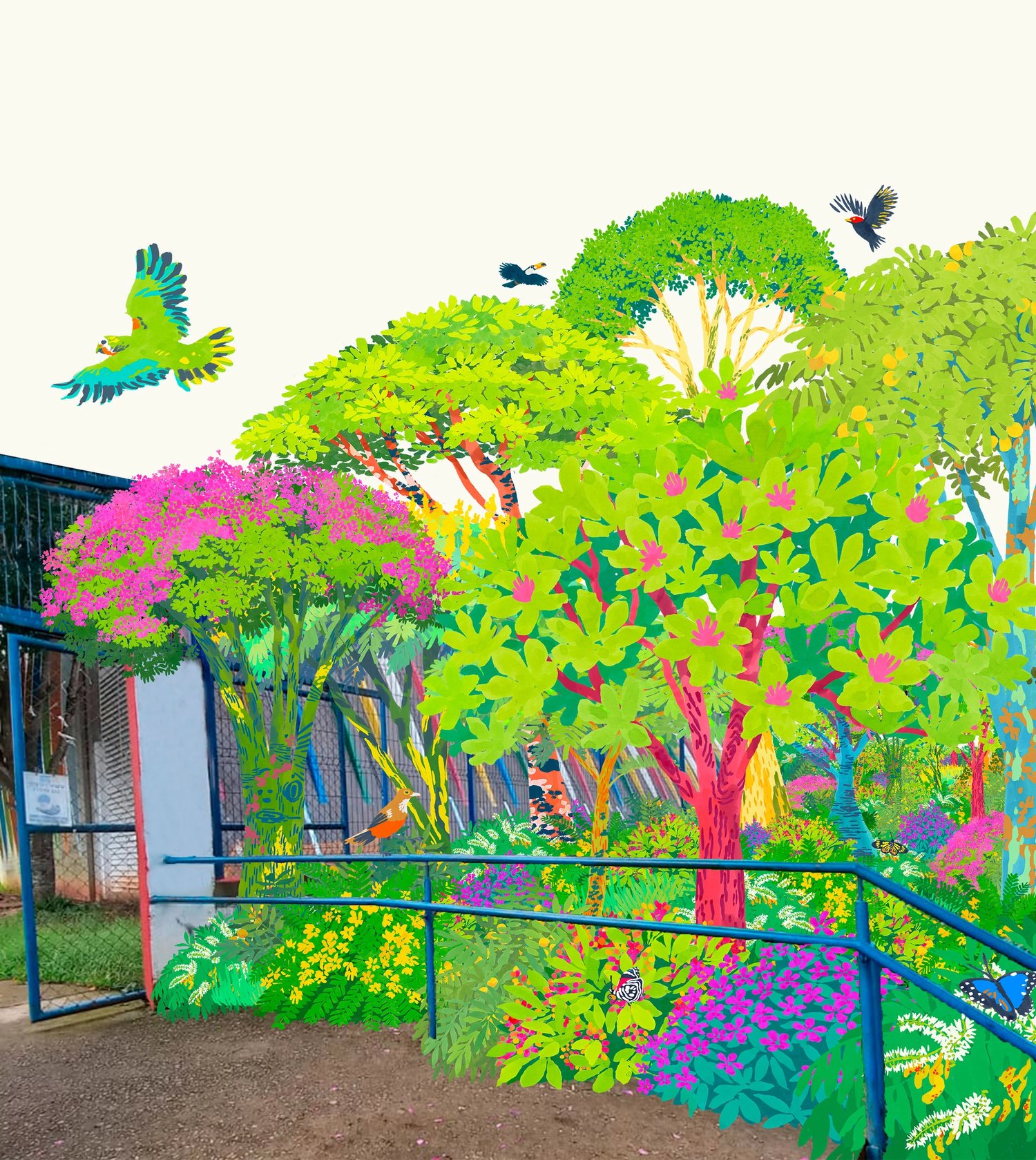
2,600
TREES
860
SQUARE METERS
95
NATIVE SPECIES
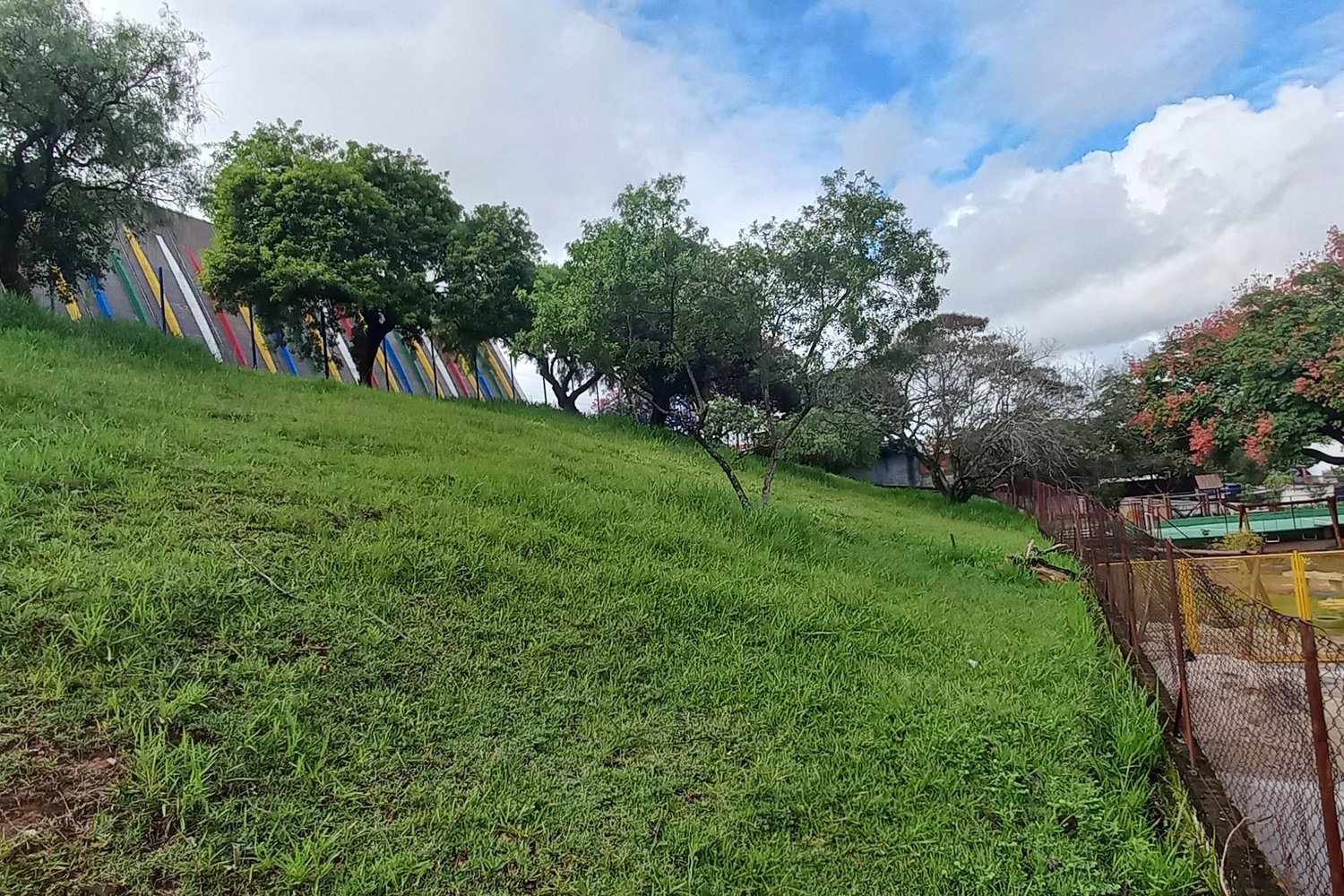
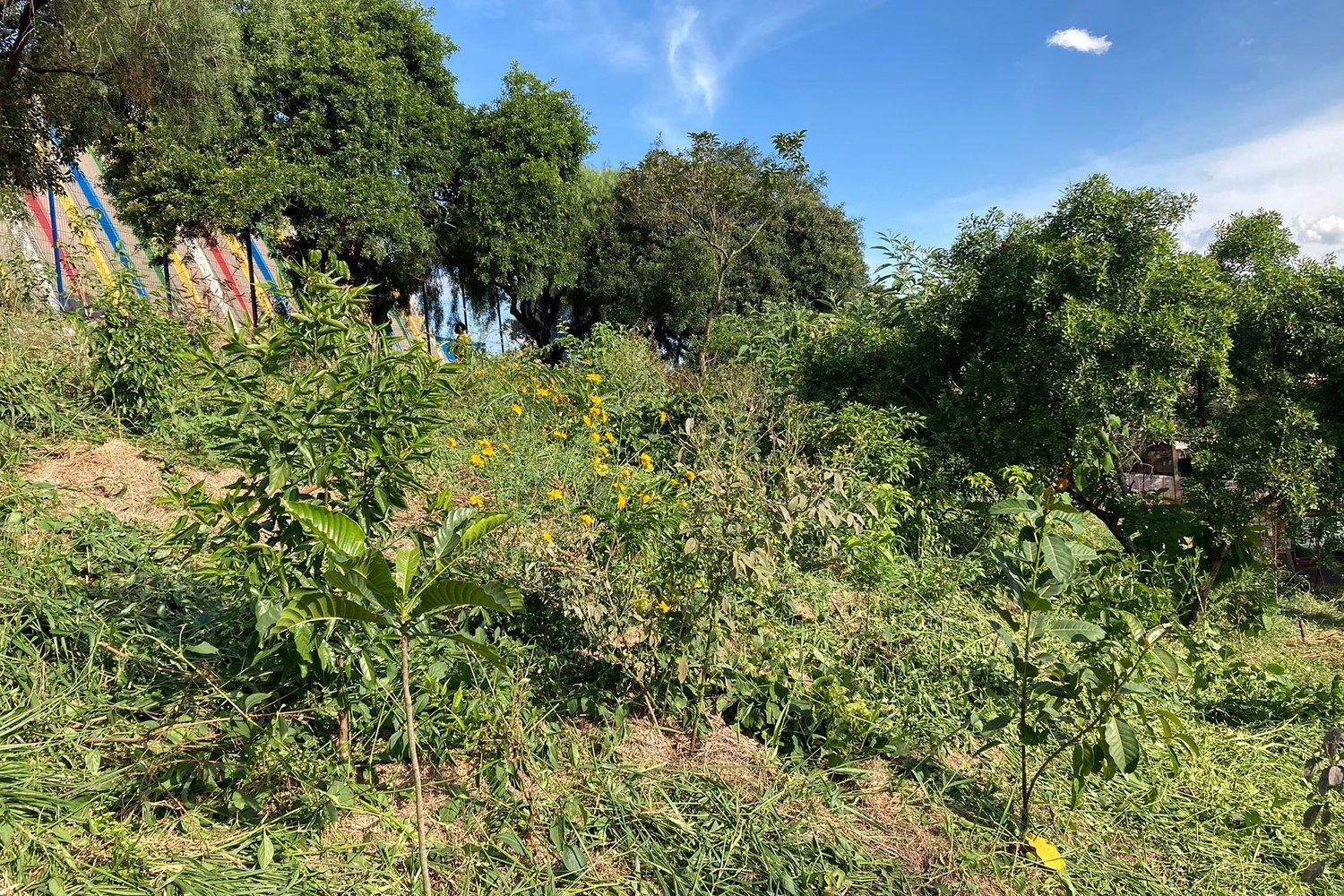
Forest Partner

“The creation of this native forest in our schoolyard will raise the awareness of the need to preserve and regenerate nature…and increase the wellbeing of our entire community.”
— Mr. Eliseu Pereira Neves, President, Administrative Council of CEU Capão Redondo
Forest Report: 7 Months
DATE: 22.05.2022
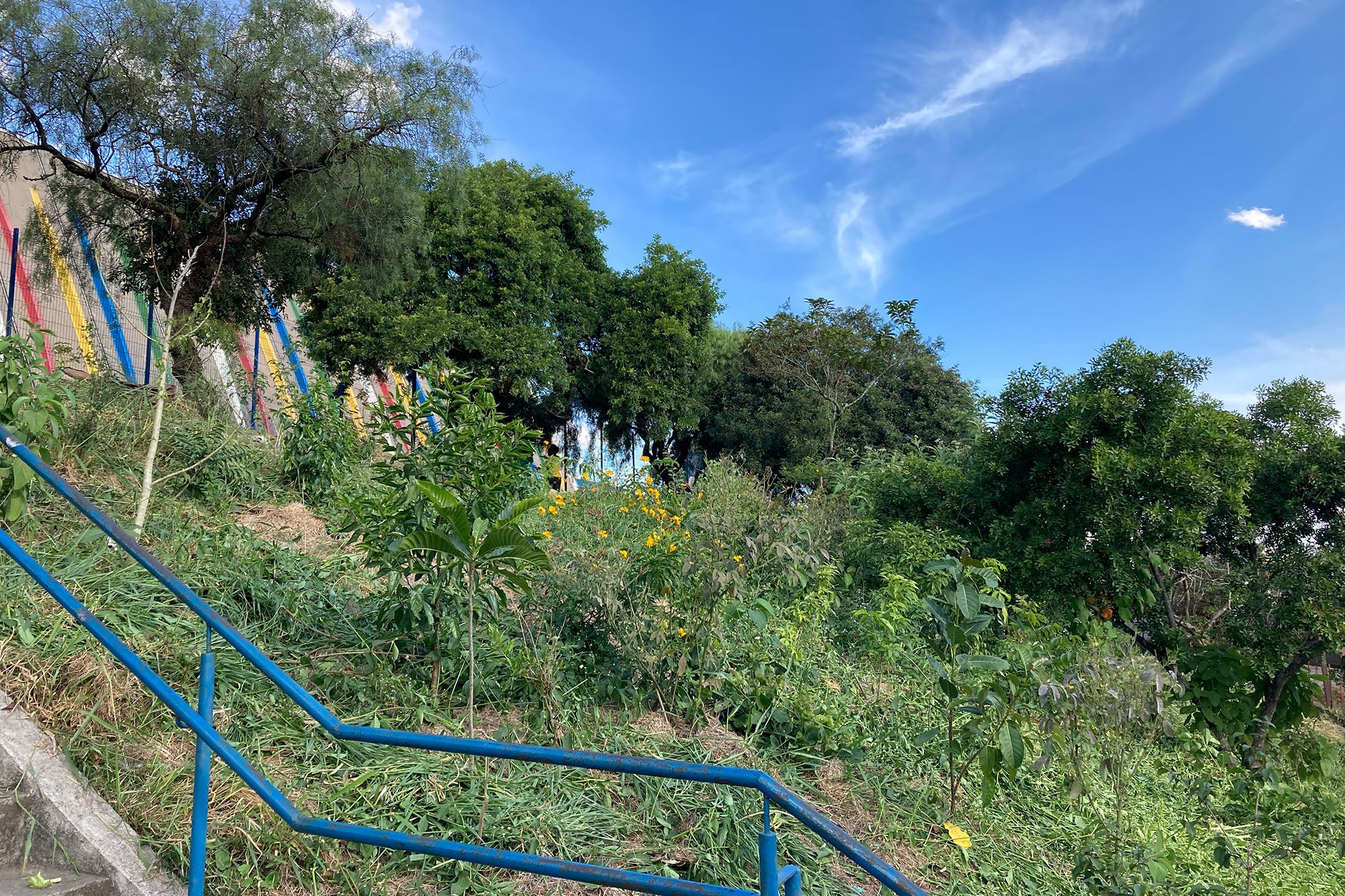
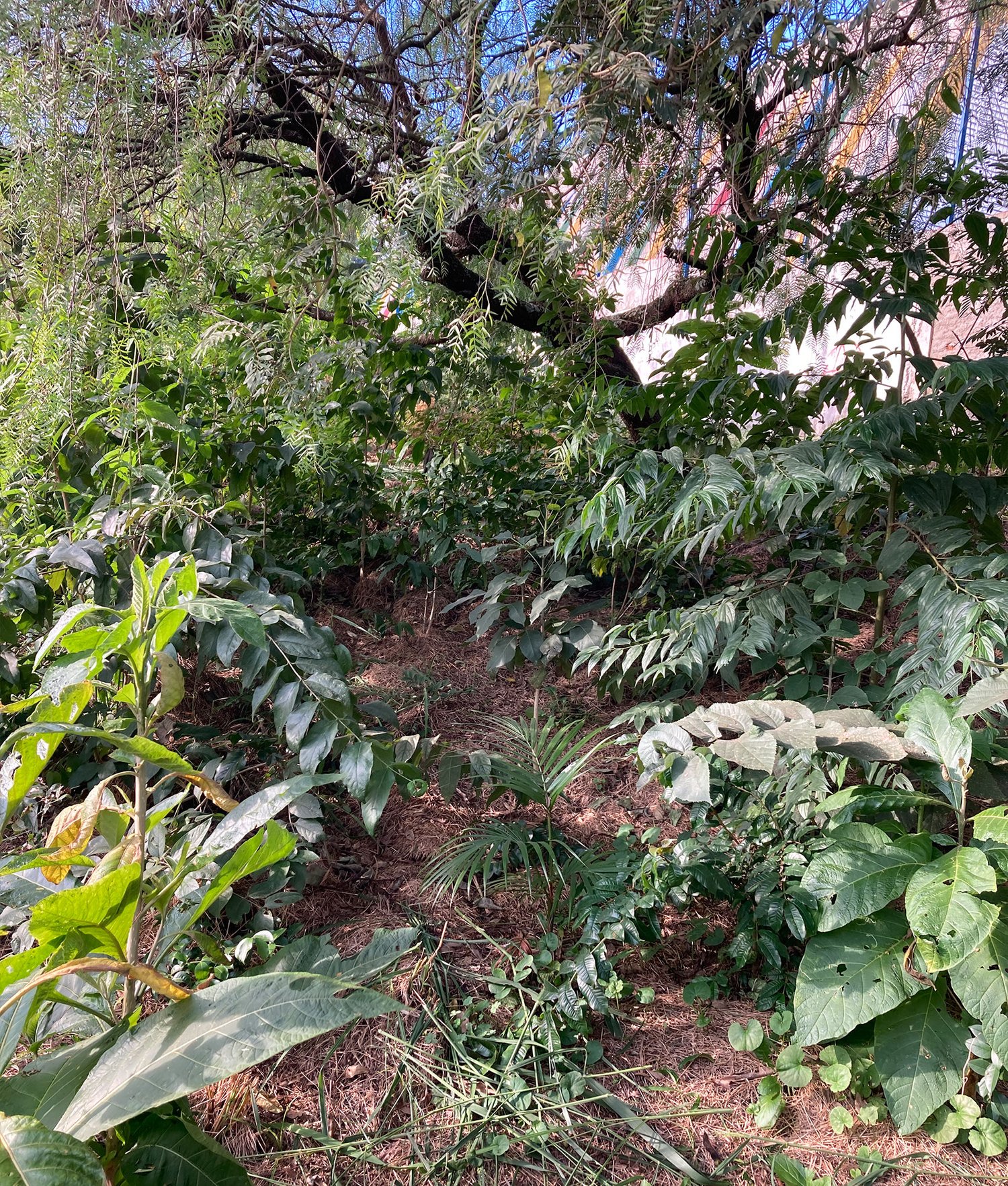
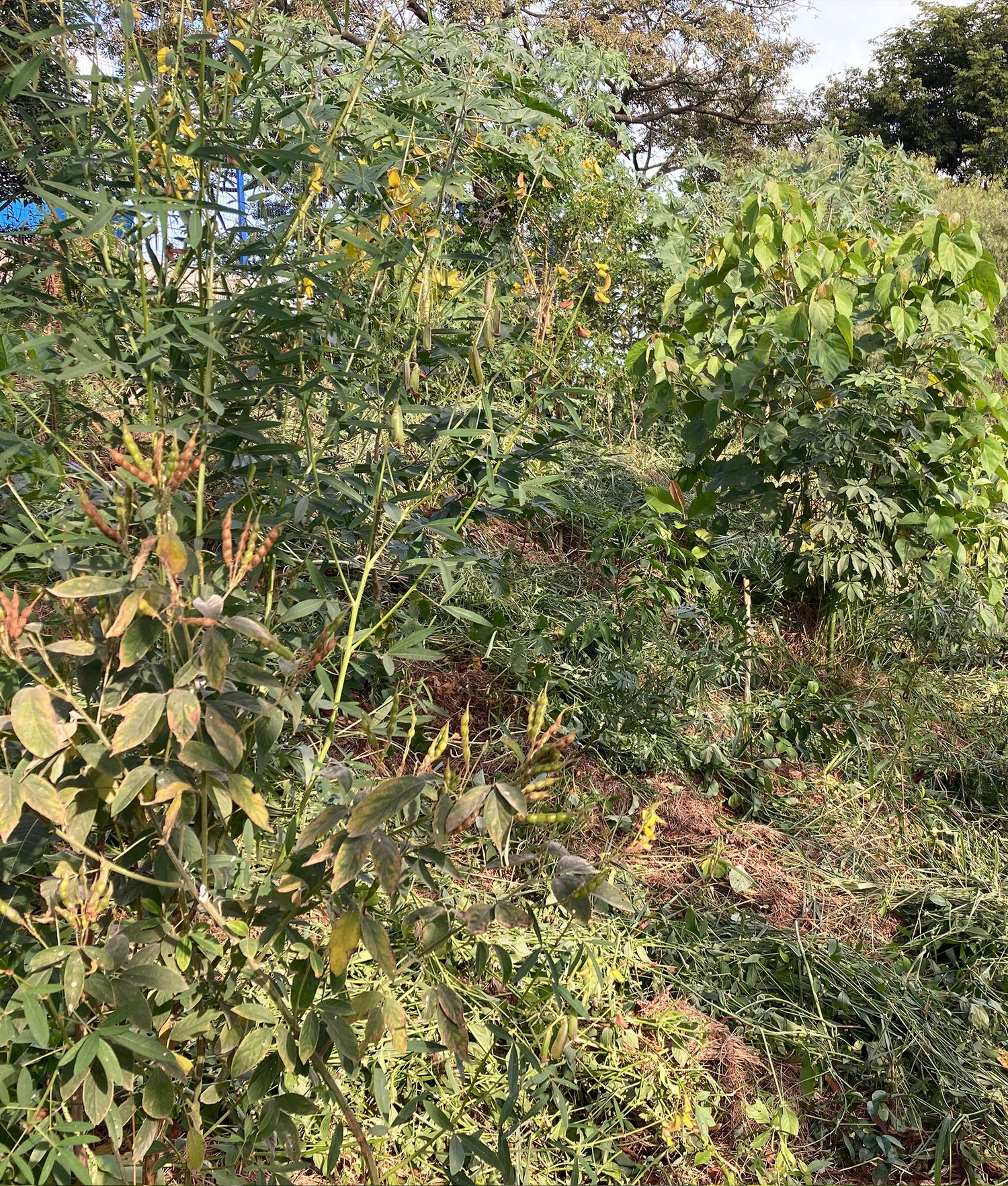
Biodiversity Notes
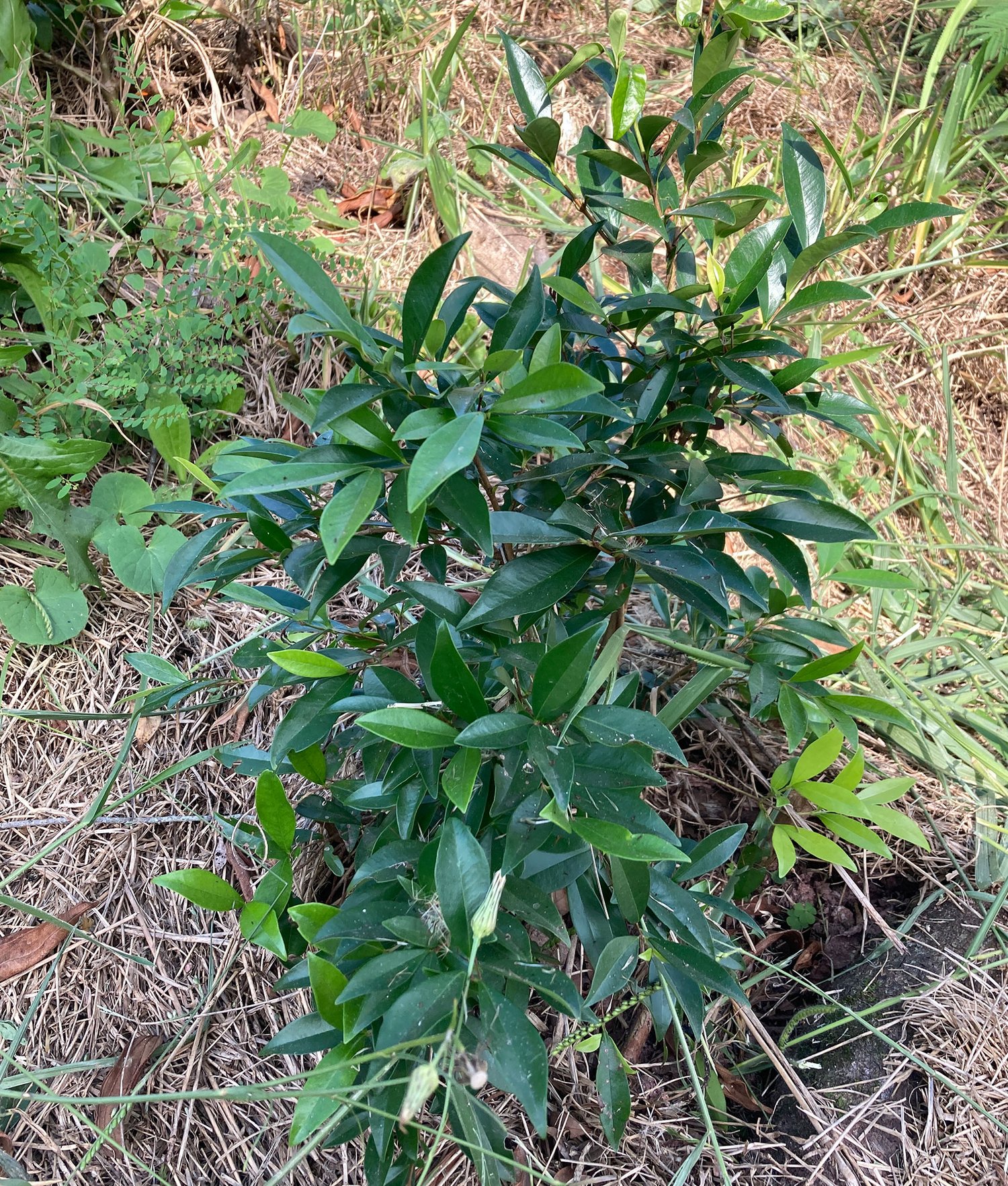
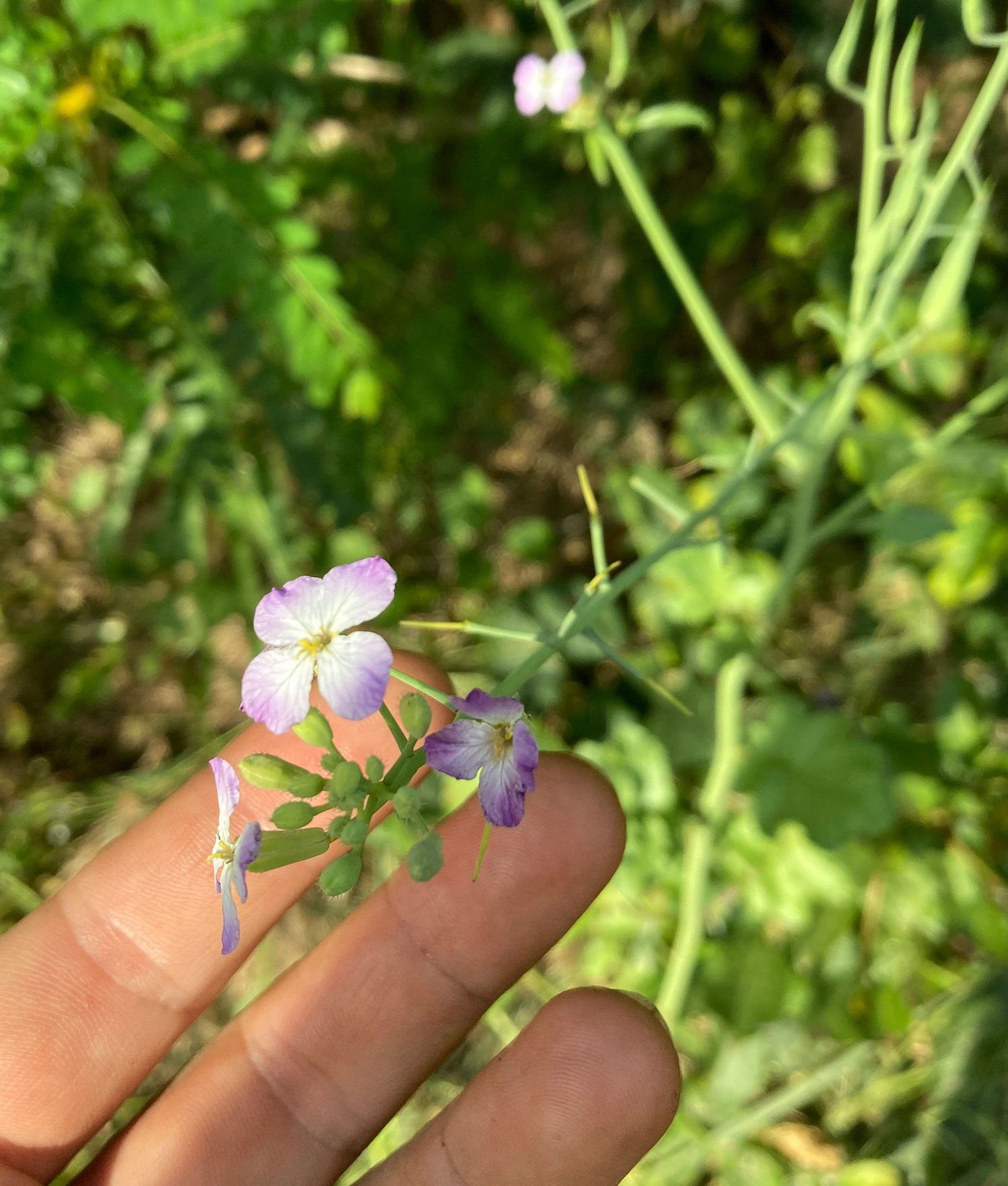
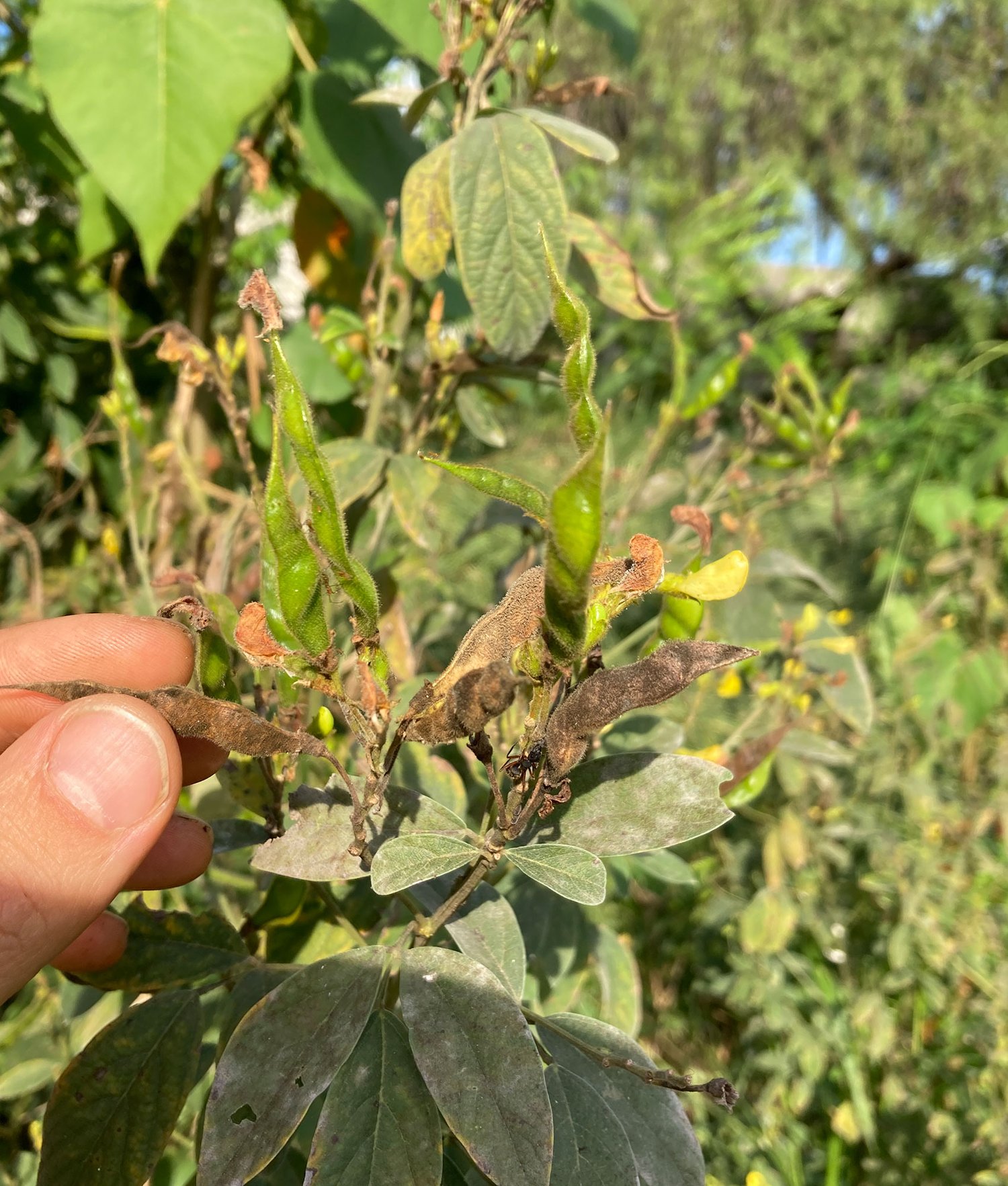
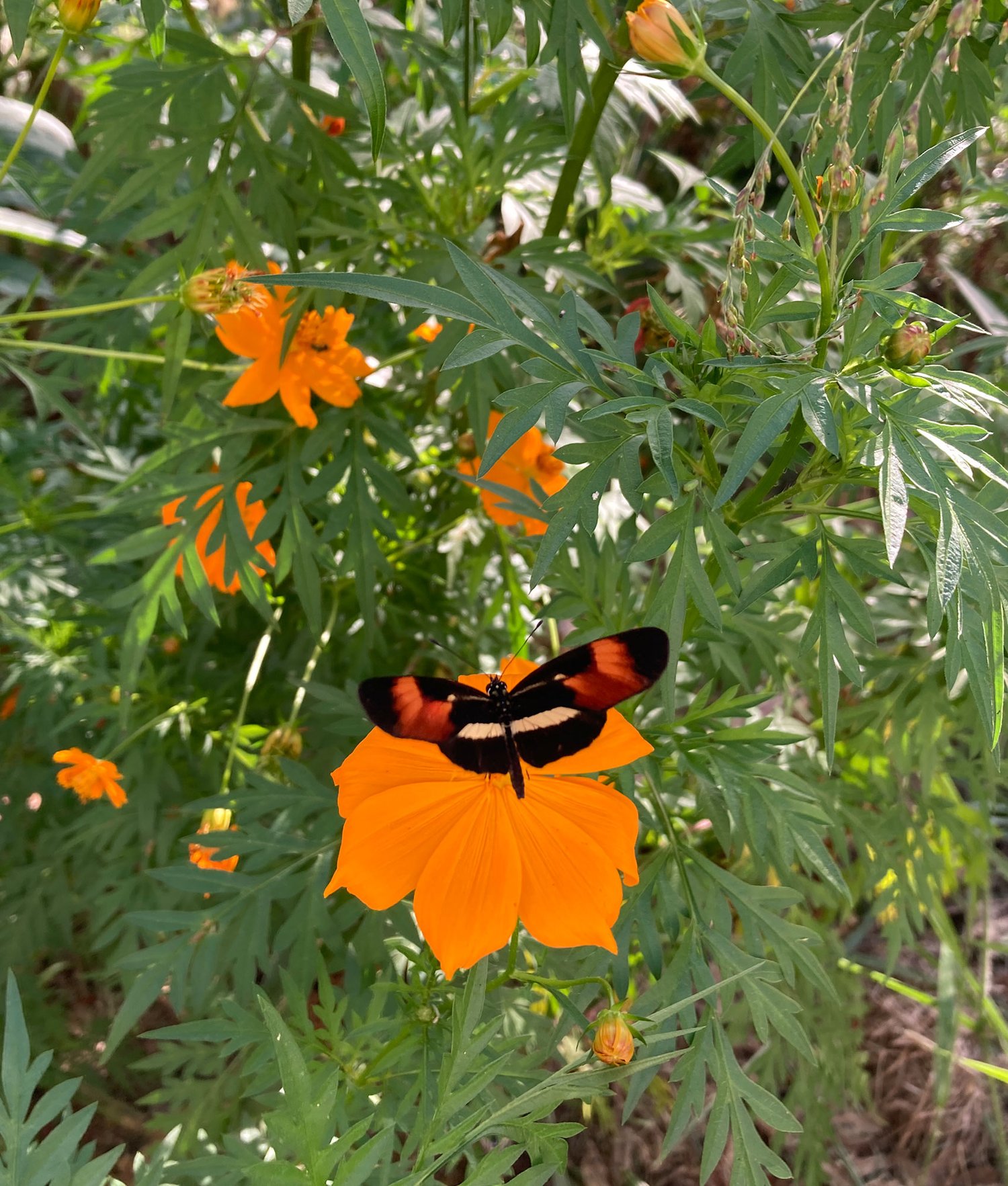
Forest Report: Planting
DATE: 22.10.2022
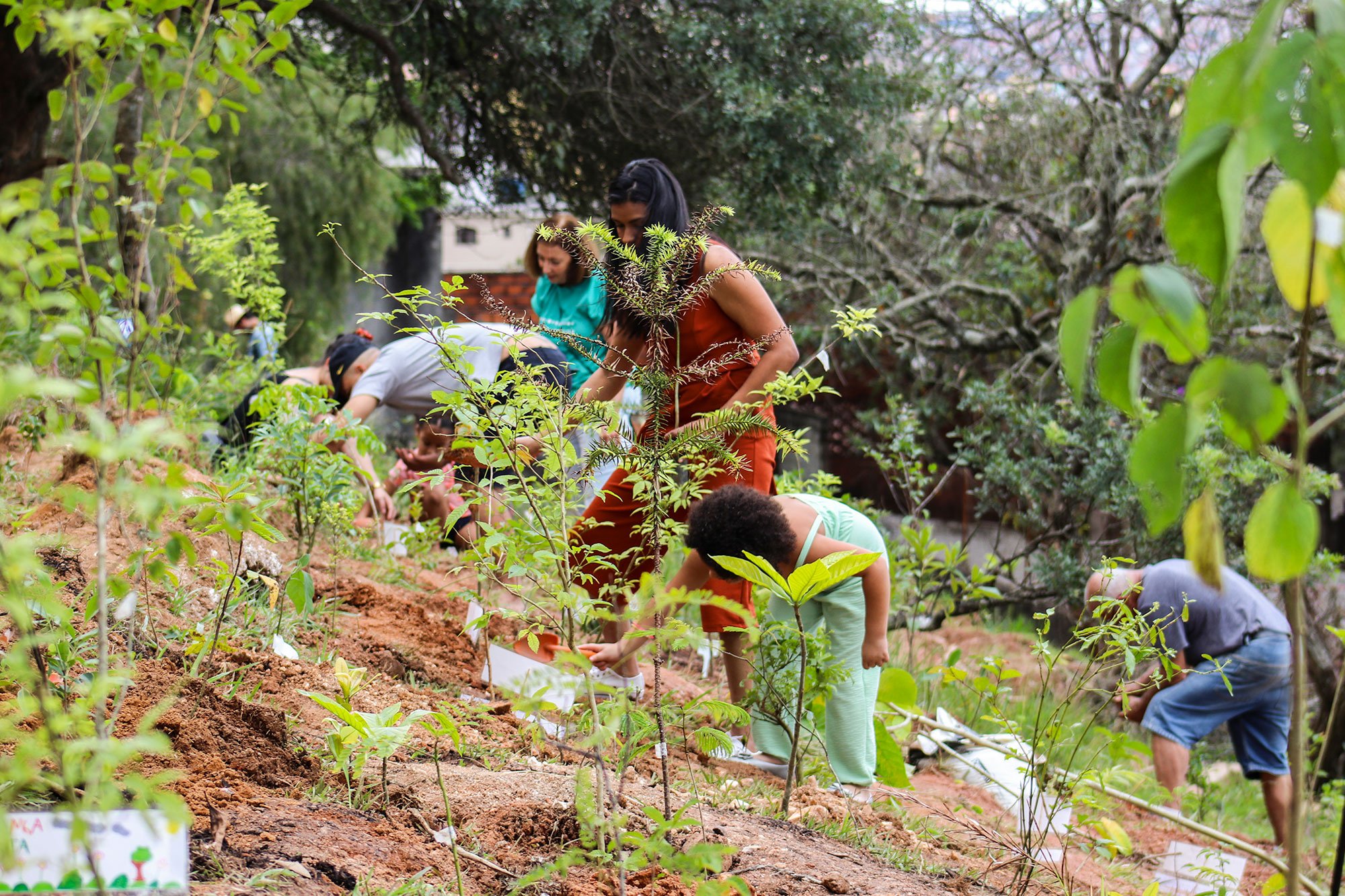
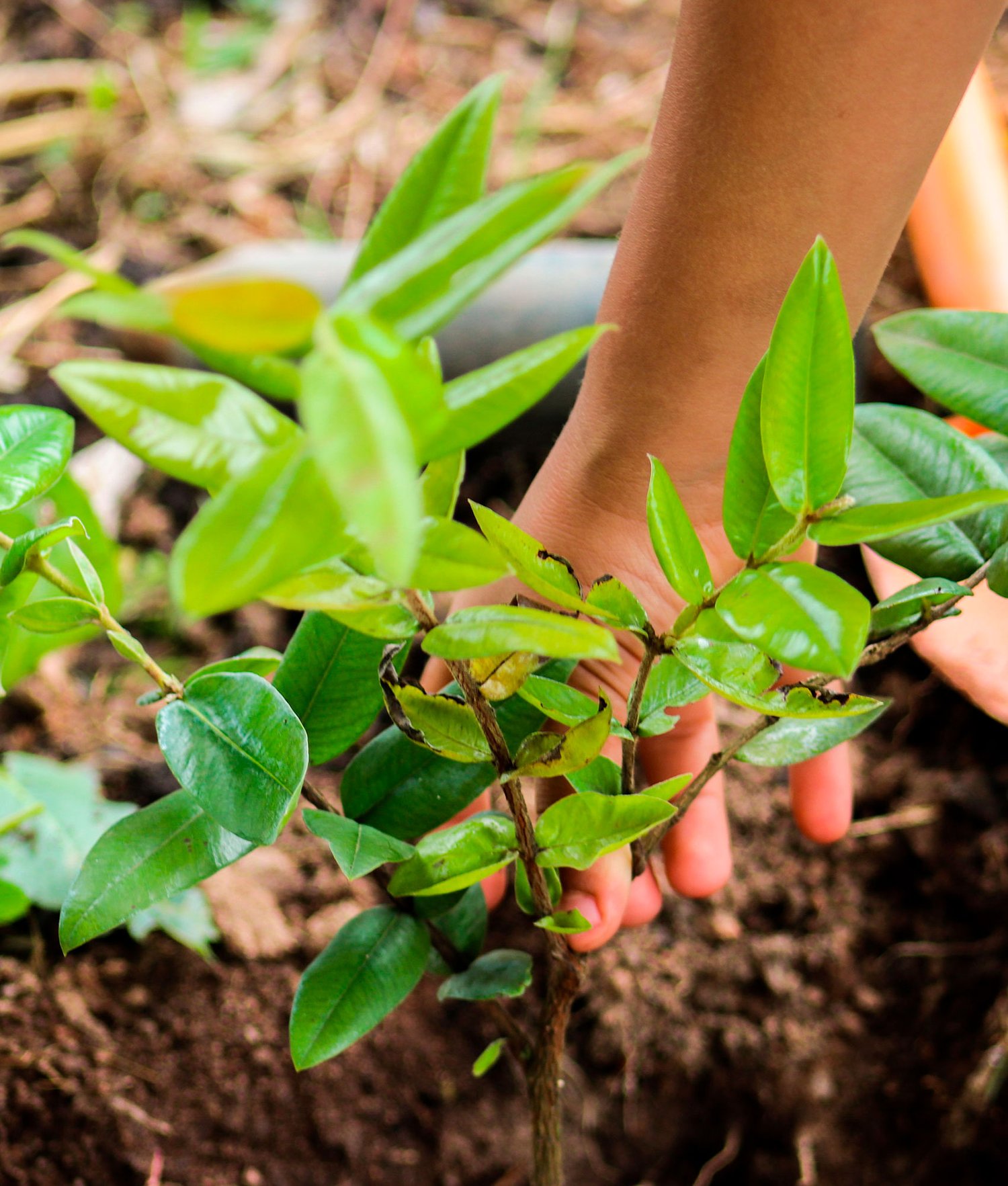
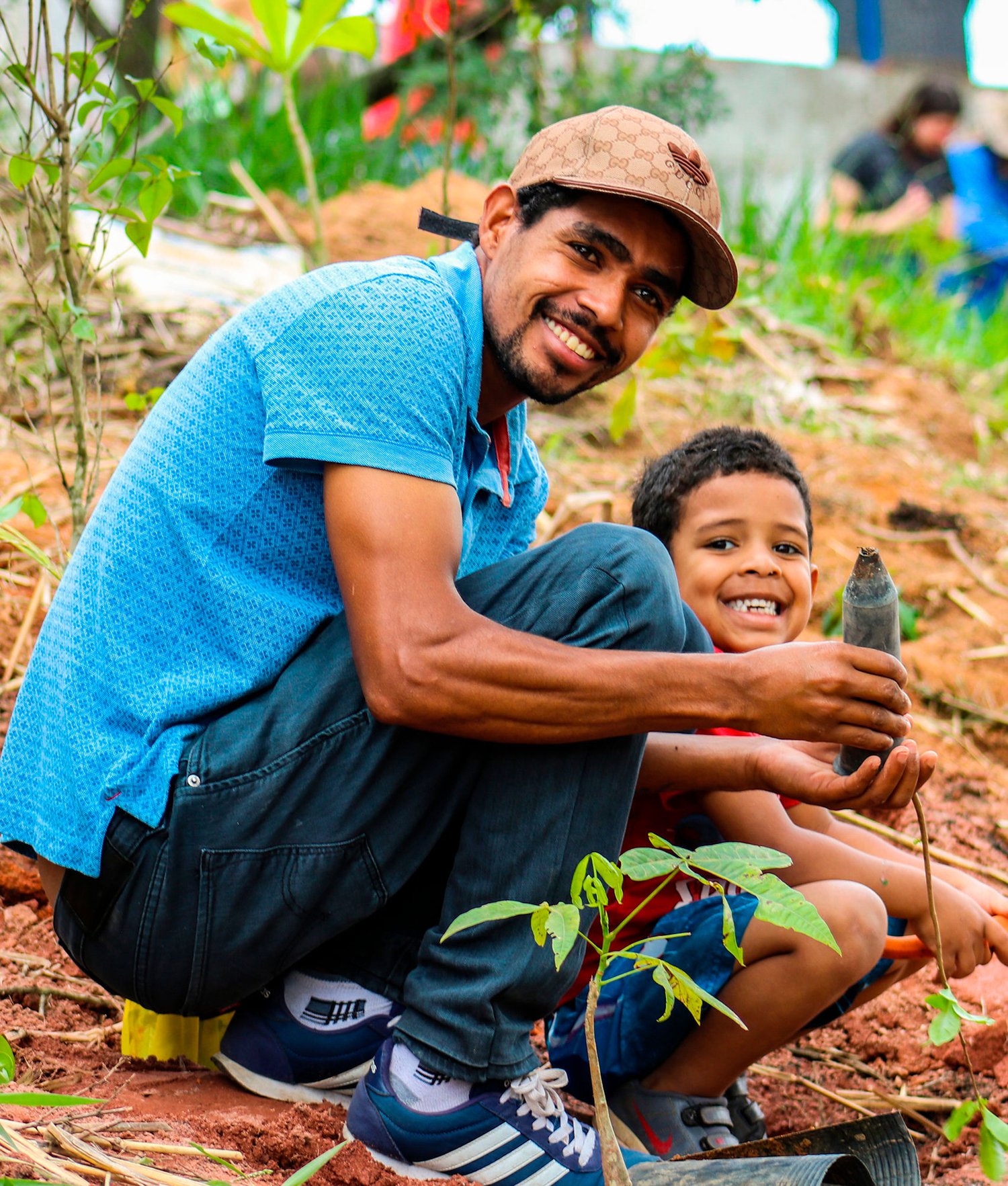
Brazil’s Atlantic Forests
Capão Redondo means “Round Woodland”
A reference to the ancient native Atlantic Forest that once predominated the area. The Atlantic Forest (Mata Atlântica in Portuguese) is the tropical rainforest that once covered Brazil’s coastline. Now, approximately 90% has been lost. The remaining pockets of Atlantic Forest are critical biodiversity hotspots, home to over 20,000 species of plants, many of which are now under threat of extinction.
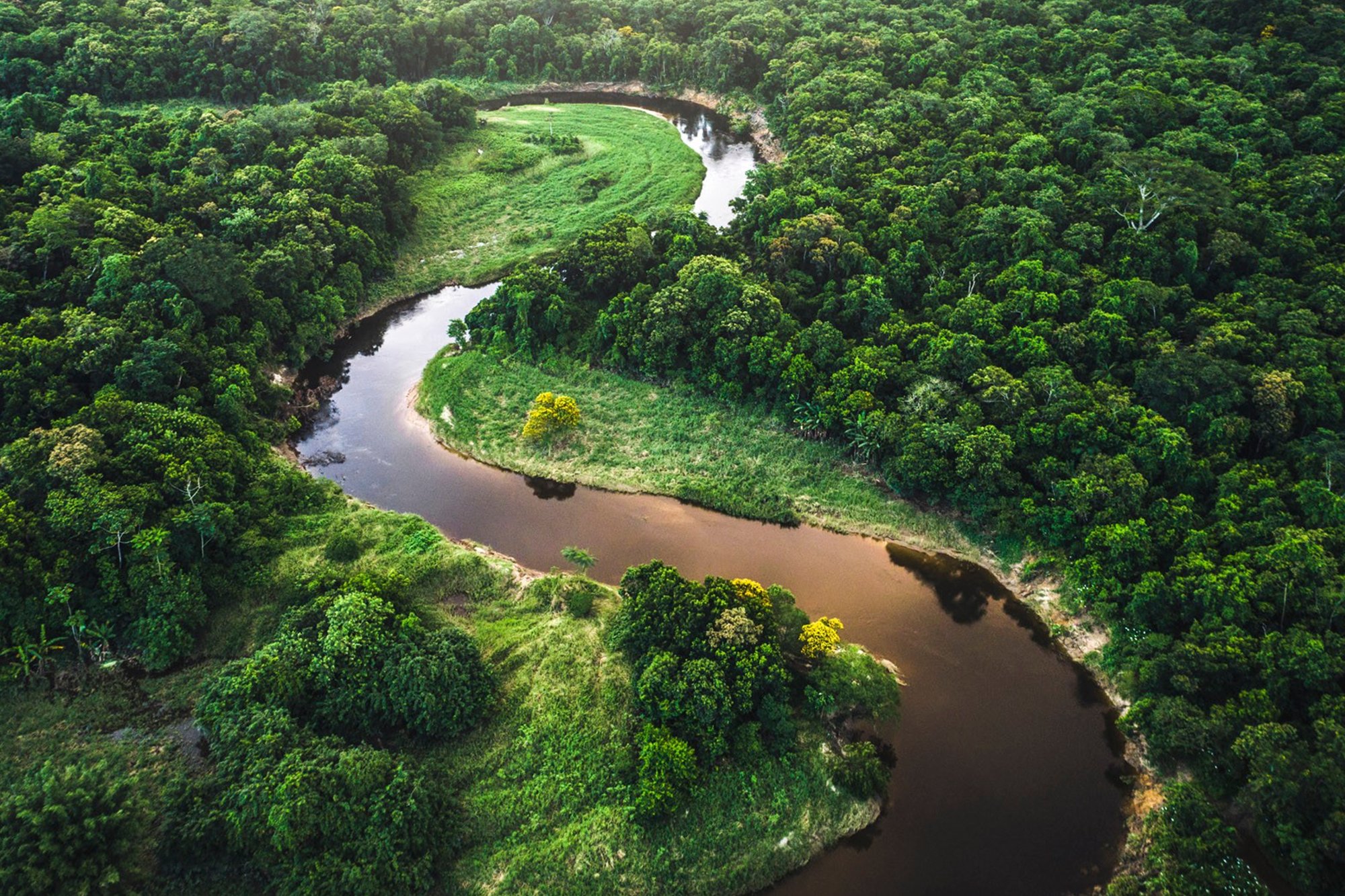
Forest Design
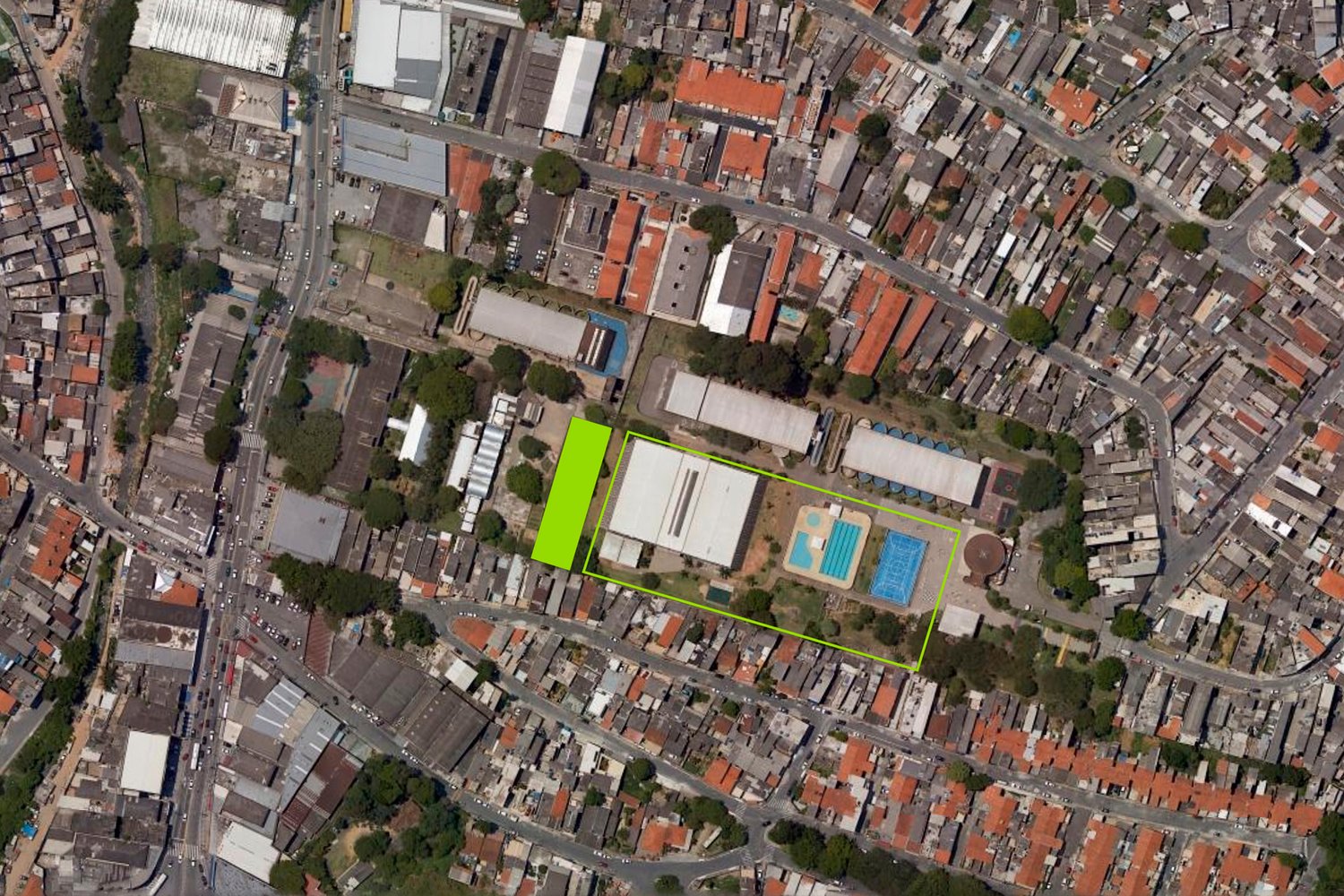
Discover more SUGi Projects

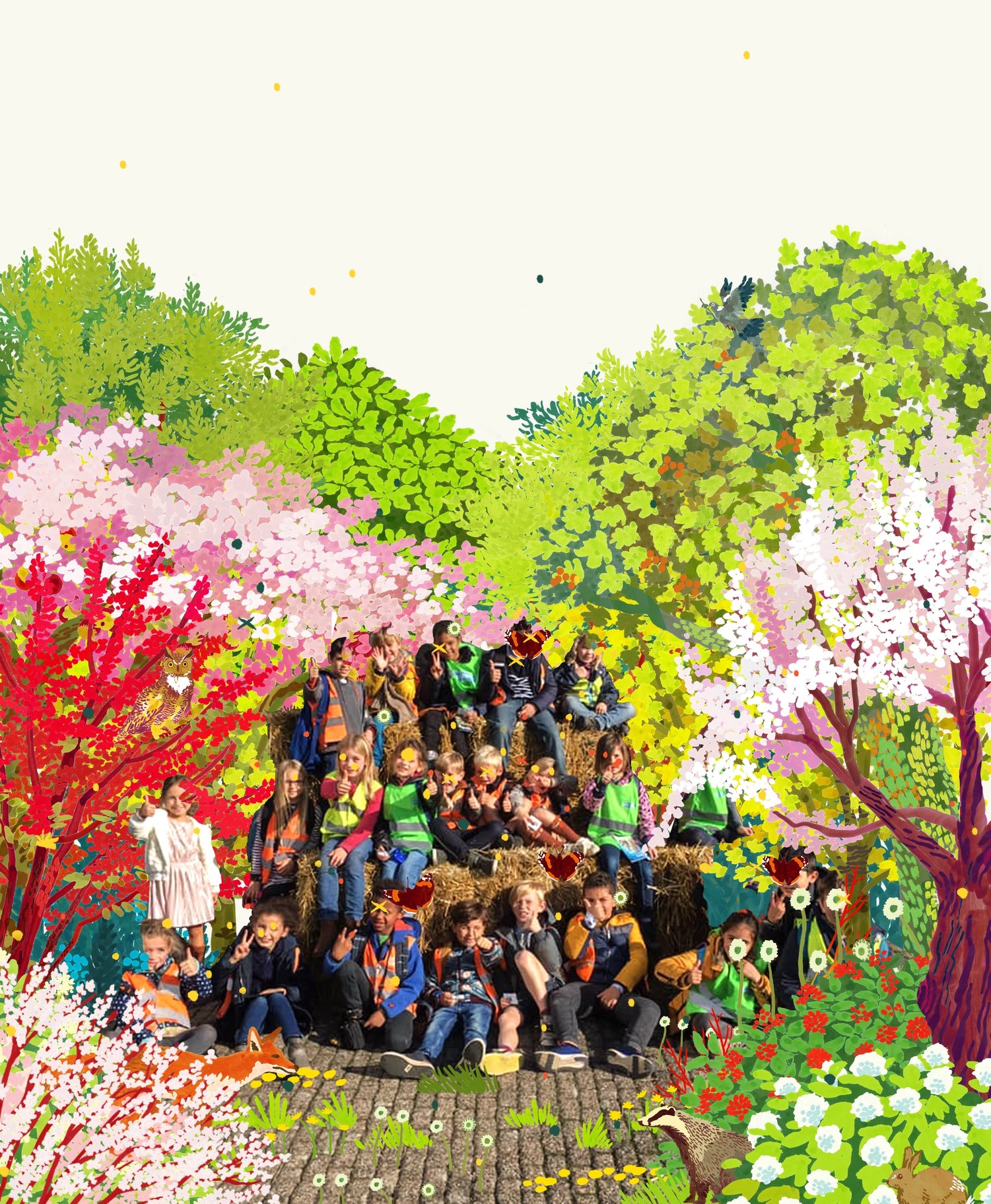
De Ark
A forest learning center in Sint-Niklaas


Langalibalele Forest
Cultivating a green oasis for community wellness and education.

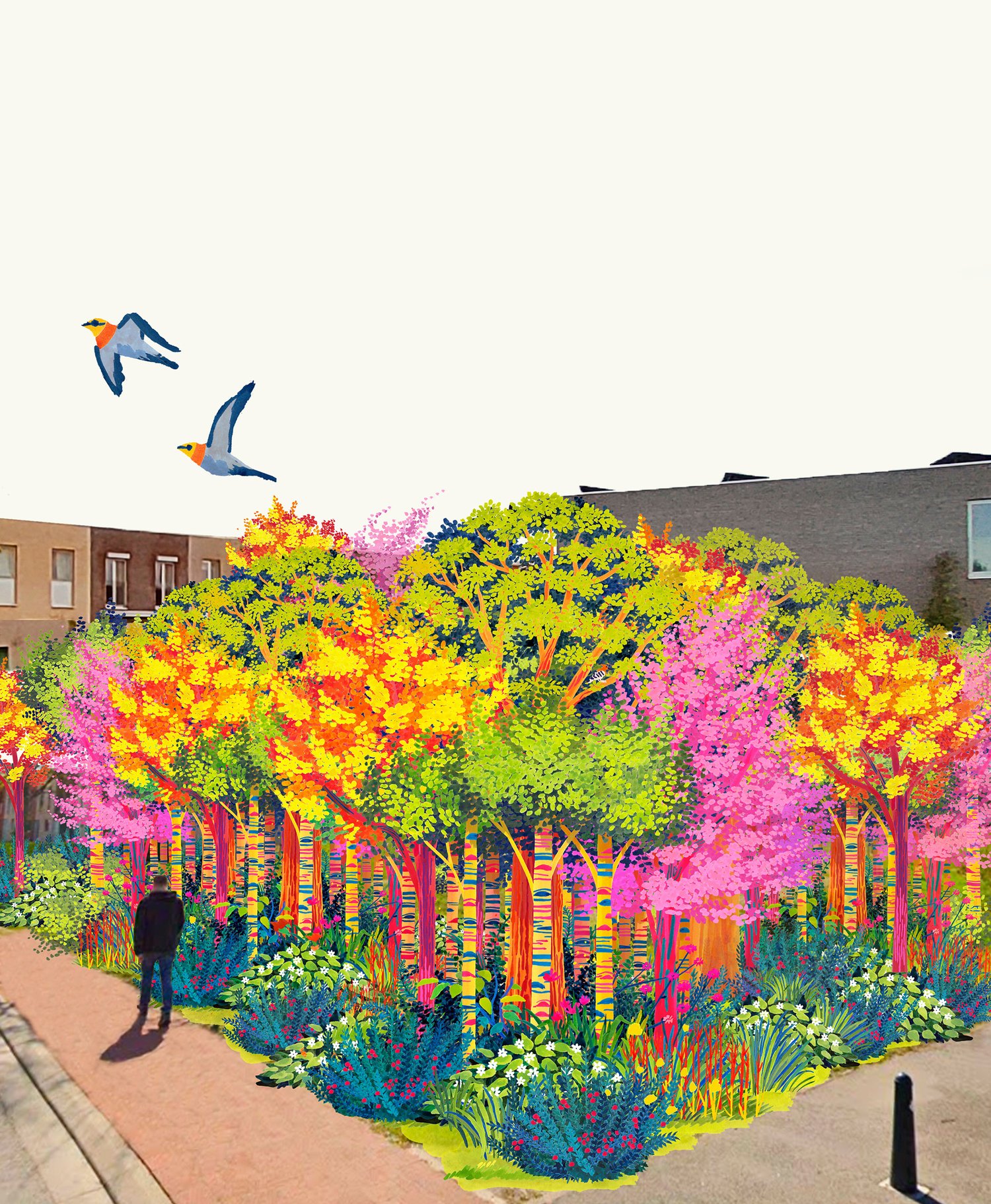
Papenhof Forest
Nature-based therapy at the heart of a city
